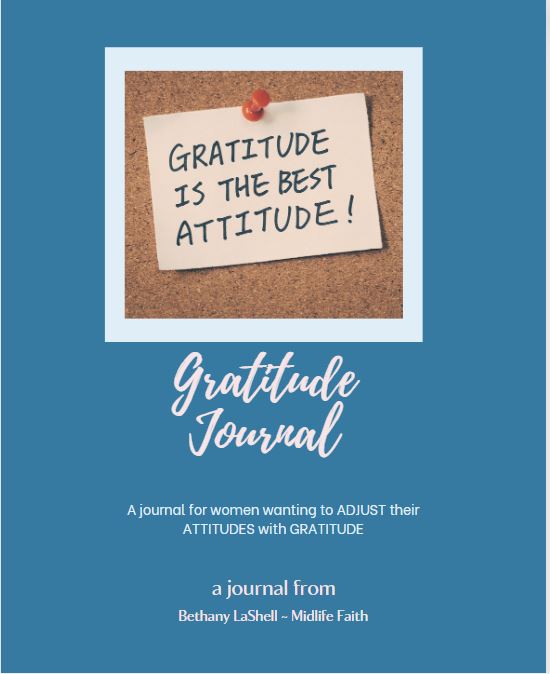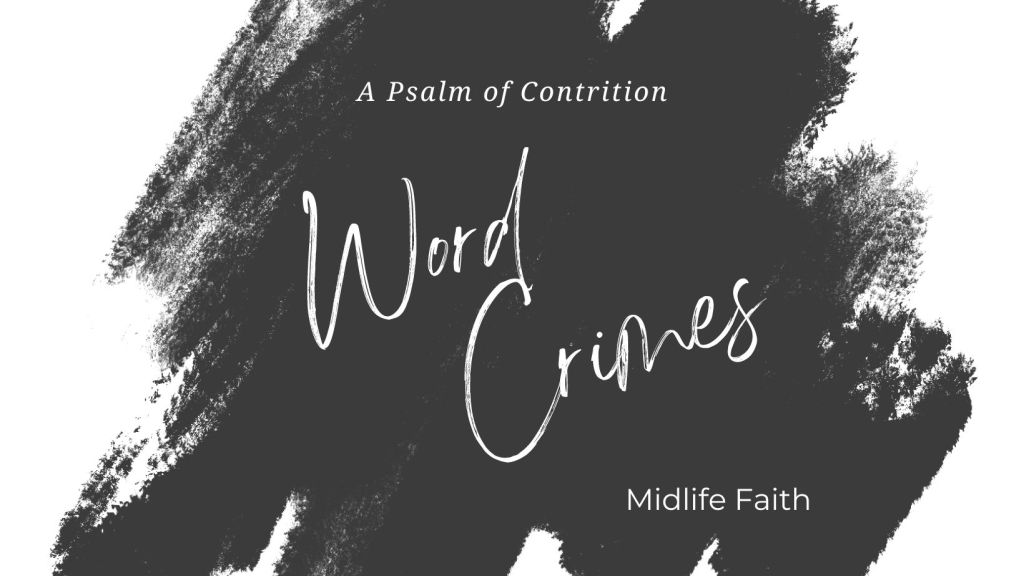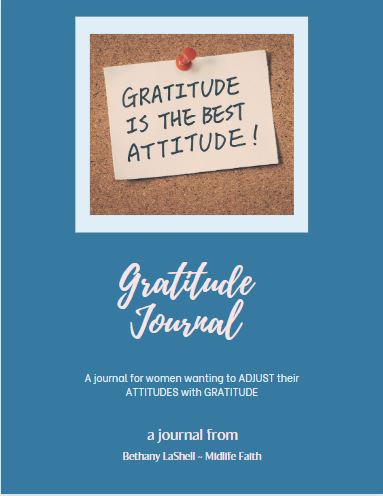
For many years, I operated on a faulty definition of forgiveness. My definition ran something like this: “Forgiving someone means they win the argument. Forgiving someone means I have to let them fully back into my life. Forgiving someone means I have to let them continue to run roughshod over my feelings. Forgiving someone means what they said or did doesn’t matter.”
Nothing could be further from the truth. No wonder my bruised feelings and resentment built up a nearly impenetrable wall of bitterness around my heart that spilled over onto friends and family alike.
If it’s not that faulty definition, then what is it? Forgiveness is not a feeling. It’s an action you choose to do. It’s giving up your right to resentment, retribution, and revenge. Forgiveness is refusing to revisit the offense in your mind and with your words or actions; it’s unlimited and unconditional.
Forgiveness doesn’t mean you weren’t hurt, but rather that you are choosing to move forward. It doesn’t mean you forget what happened, but you don’t hold it against the offender. Forgiveness is not excusing the behavior of another person, nor is it allowing damaging behaviors to continue.
When you forgive, you choose to let go of the debt of sin. It’s basically ripping up the bill. Forgiveness releases you, sweet friend! Let God do his job—he will bring justice to the offender at his appointed time.
But why do we even need to forgive? Because it’s commanded in Scripture:
And whenever you stand praying, if you have anything against anyone, forgive him, that your Father in heaven may also forgive you your trespasses. But if you do not forgive, neither will your Father in heaven forgive your trespasses.
Mark 11:25-26 NKJV
The strength of our relationships depends on our ability to forgive. Want to preserve your relationships with people? Learn to forgive.
The Lord’s prayer “shows us that we need daily forgiveness as much as we need daily bread.”
R.T. Kendall, Total Forgiveness
Our emotional and physical health depend on our ability to forgive, according to science. Unforgiveness opens the gateway to depression, anxiety, heart problems, headaches, lowered self-esteem, high blood pressure, weight gain/loss, a weakened immune system, and a whole bunch of other issues. Yikes! Who wants to hang on to all that?
Unforgiveness leads to bitterness, which can escalate to hostility, hatred, and eventually a hardened heart. A hardened heart full of bitterness cannot engage in a loving relationship with anyone. The bitterness will seep over into your everyday life and people around you will notice your bitter attitude. Yikes again! No one wants to be around that much poison.
I’m not saying forgiving someone is easy, because it’s not, but can you appreciate just how very necessary it is, friend? Next time we’ll talk about the nitty gritty of how to forgive—even those who don’t ask for it, don’t deserve it, or aren’t around to receive it.
Can I pray for you on your journey toward forgiveness? Drop me a line and let me know!




Leave a comment